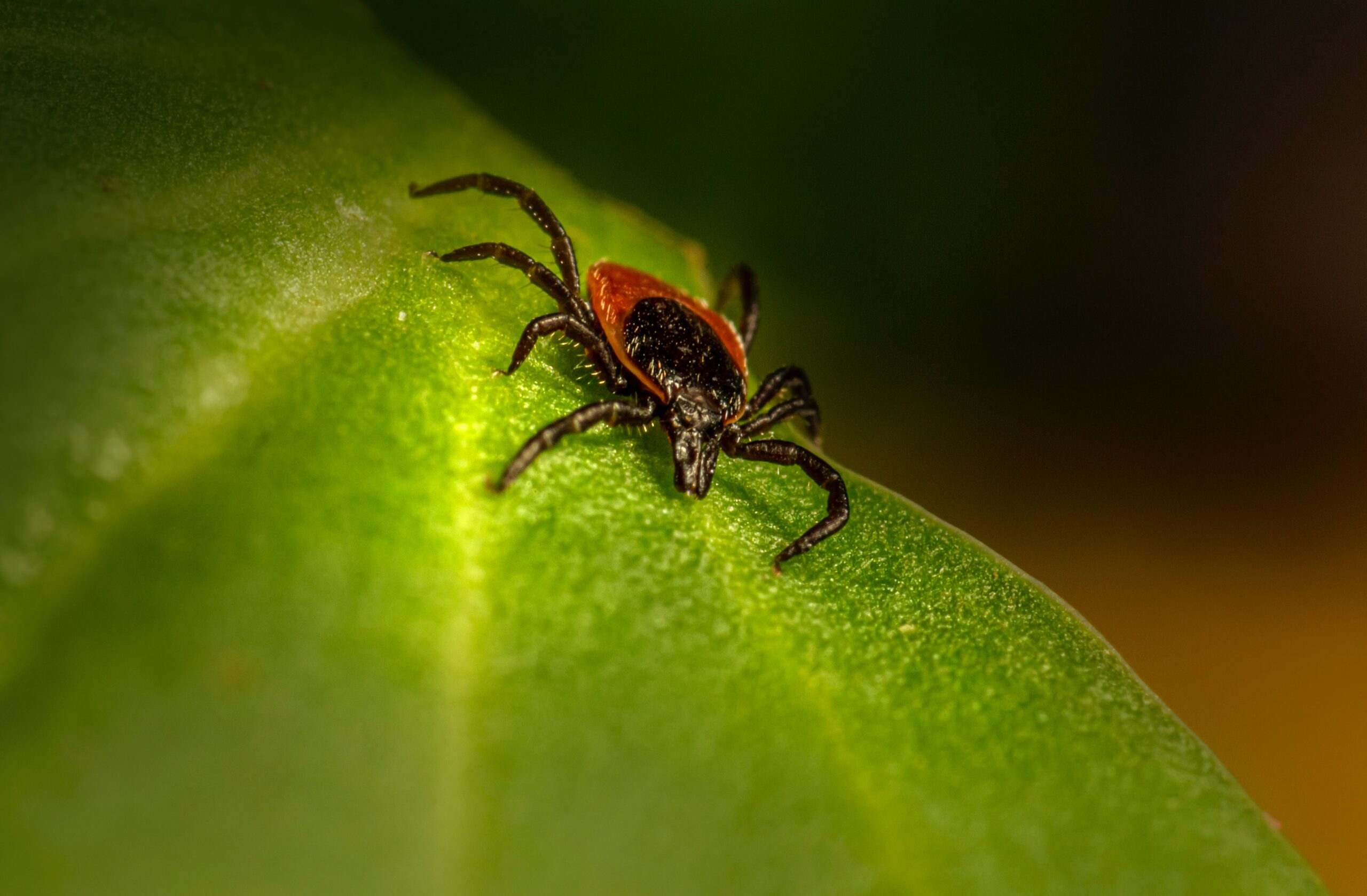Can PANS be caused by a Tick Bite? What We Know So Far…
 Pediatric Acute-Onset Neuropsychiatric Syndrome (PANS) is a clinical diagnosis, which describes the sudden onset of obsessive-compulsive disorder and often co-occurring symptoms, such as tics, anxiety, and behavioral regression, among others. The underlying cause of PANS is not widely understood, but some research studies have suggested that infectious triggers, such as streptococcus, mycoplasma, or borrelia, may be responsible for initiating the neuroinflammation that leads to the syndrome. In this blog post, we will explore the possible link between PANS and tic bites, one of the many conditions that has been suggested as an underlying cause of the disorder.
Pediatric Acute-Onset Neuropsychiatric Syndrome (PANS) is a clinical diagnosis, which describes the sudden onset of obsessive-compulsive disorder and often co-occurring symptoms, such as tics, anxiety, and behavioral regression, among others. The underlying cause of PANS is not widely understood, but some research studies have suggested that infectious triggers, such as streptococcus, mycoplasma, or borrelia, may be responsible for initiating the neuroinflammation that leads to the syndrome. In this blog post, we will explore the possible link between PANS and tic bites, one of the many conditions that has been suggested as an underlying cause of the disorder.
Tick Bites and PANS:
Tick-borne illnesses are a well-known group of infections transmitted by the bite of infected ticks. Lyme disease is the most common tick-borne disease in the United States and is caused by the bacterium Borrelia burgdorferi, transmitted to humans by the black-legged tick. The symptoms of Lyme disease vary widely but can include fever, rash, joint pain, and neurological impairments. As some of these symptoms can overlap with those of PANS, some clinicians have explored the possibility of a link between PANS and Lyme disease.
One of the main difficulties in studying the link between PANS and tick bites is the limited understanding of how the disorder arises. The available evidence suggests that an infection, such as streptococcus, may trigger an immune response, leading to the onset of PANS. However, some researchers have explored other potential causes, including environmental factors or genetic predisposition. Without a clear understanding of the pathophysiology, it is challenging to connect PANS with any particular trigger.
Psychiatric Symptoms and PANS
Additionally, while there is some evidence that tick bites can lead to the onset of psychiatric symptoms, including anxiety, depression, and psychosis, the link between bites and PANS is not well established. More research is needed to determine whether tick bites are a causal factor in the development of PANS or if they contribute to its underlying neuroinflammation.
Furthermore, a correct diagnosis is essential before any treatment and management of PANS symptoms. Children who present with PANS-like symptoms should be screened for both infectious and non-infectious etiologies, and a thorough history of tick bites, exposures, and travel should be taken into account. Proper diagnostic testing is critical, as a misdiagnosis could cause the delay or withholding of necessary medical treatment for an underlying condition that needs prompt attention.
PANS Treatment
When a child may have a diagnosis of PANS it’s important to have a treatment team surrounding the patient for not only diagnosis but treatment. PANS is typically treated with medications such as antibiotics, steroids, herbals, and immunomodulating therapies, among others. In addition to medication, supportive therapy such as cognitive behavioral therapy, specially ERP, can also be beneficial in treating symptoms of Obsessive Compulsive Disorder that typically accompany PANS. Behavioral Therapy and parent training can be used to address emotional dysregulation.
In conclusion, while there is some evidence that tick bites may play a role in the development of PANS, or worsening of OC behaviors, the exact relationship between the two remains unclear.
ERP For PANS
ERP is a form of cognitive-behavioral therapy that focuses on helping individuals confront their fears and anxieties through controlled exposure to triggering situations or thoughts. This type of therapy can be particularly beneficial for those with PANS, as it can help them manage and cope with their obsessive-compulsive symptoms. One study examining the use of ERP in PANS patients found that 90% saw a significant reduction in their OCD symptoms after receiving therapy. This suggests that ERP is promising treatment option for those suffering from OCD behaviors caused by PANS, particularly when used alongside other forms of medical treatment.
We’re Here To Help
GroundWork provides ERP therapy to children struggling with PANS in Florida, Maine, Vermont and South Carolina.
Our pediatric OCD therapists truly specialize in OCD, and have received specific training and expertise in ERP treatment.
We understand that PANS can be a challenging and distressing diagnosis for children and their families, which is why we are dedicated to providing individualized, evidence-based treatment to help our clients manage their symptoms and improve their quality of life. If you or a loved one are experiencing PANS symptoms and are seeking effective treatment options, please reach out to us at GroundWork for more information on how ERP therapy can help.

